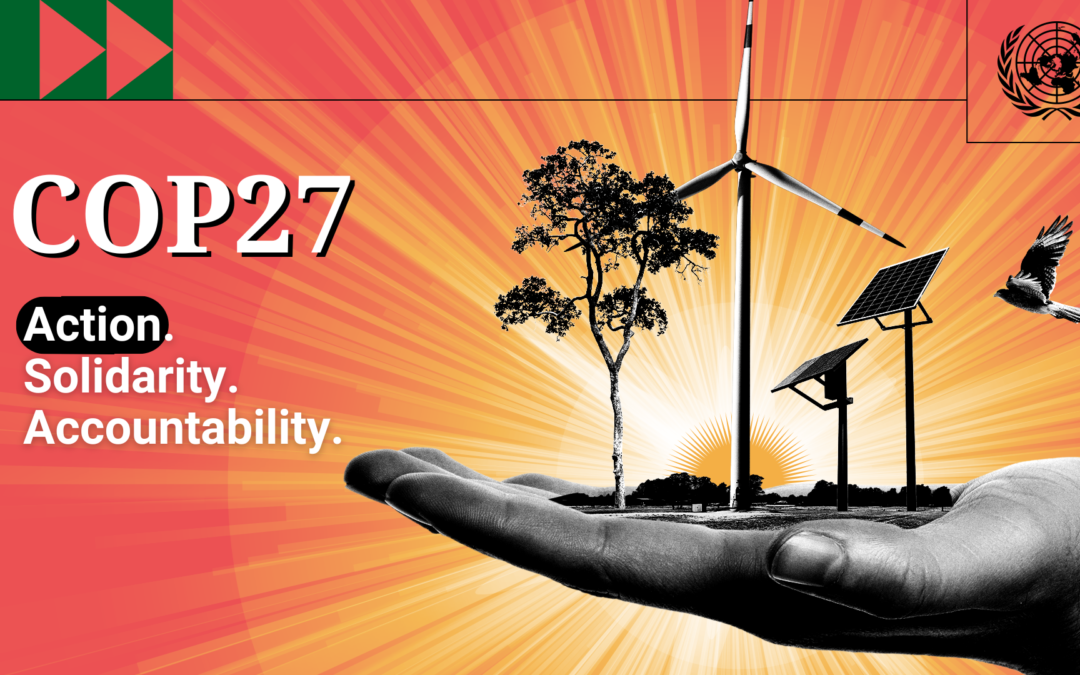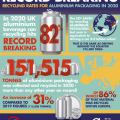From November 6 to 18, 2022, the Egyptian city of Sharm el-Sheikh hosted COP27, the 27th United Nations Climate Change Conference. Political leaders from around the world met in the Egyptian city to seek solutions and take measures to adapt to the climate crisis, especially after the increasingly frequent heat waves, floods and forest fires recorded in recent years.
Precisely, the war in Ukraine has shown that dependence on fossil fuels has consequences beyond the climatic and environmental ones, and has highlighted the advantages of countries being able to have their own clean and renewable energy sources, making it urgent to speed up the transition to a decarbonized world.
In addition, the supply crisis and inflation resulting from the conflict have also set back emission reduction targets. For some countries and regions that do not have the capacity to accelerate their transition to renewables, it will be necessary to take a step backwards and return to reliance on polluting energy sources such as coal.
The United Nations warns of the need for an Action Plan to achieve the objectives of the Early Warning for All initiative in the next five years. Currently, half of the world’s countries lack such systems. The effects of climate change are intensifying in the context of the eight warmest years on record.
In 2021, concentrations of the main greenhouse gases (carbon dioxide, methane and nitrous oxide) again reached unprecedented levels. The annual increase in methane concentration was the highest ever recorded. According to data from major monitoring stations, atmospheric levels of all three greenhouse gases continued to increase in 2022. These challenges should be an opportunity for companies to act by highlighting the advantages of countries being able to have their own clean and renewable energy sources.














